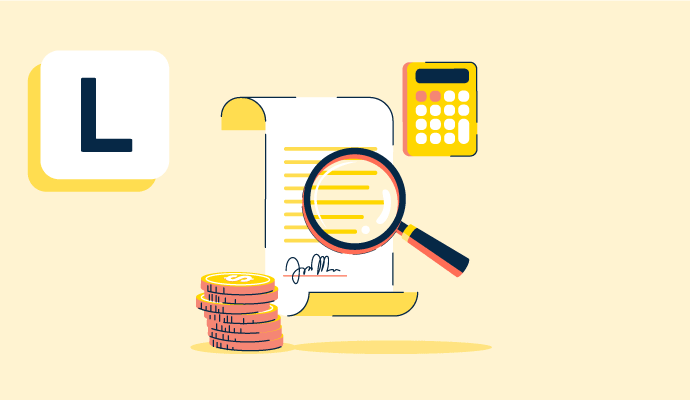What is lease auditing?
Lease auditing is the process of auditing a company’s real estate leases to identify ways the company can save money. It’s especially beneficial for companies that lease property in many cities, as this is difficult to manage. Either brokers or software provide lease auditing.
Lease auditing is part of a company’s cost containment program. The purpose of lease auditing is to assess whether the company is overpaying for property leases and is typically done using lease administration software. That means the goal of lease auditing isn’t to change the company’s lease transactions, it’s simply a way to ensure the company is not overpaying.
Overpaying is a common occurrence among tenants because most companies do not pay close attention to bills and accidentally pay more than is owed. Even the slightest overpayment can add up over the course of a long-term lease. Lease auditing helps companies avoid making the same mistakes year after year.
Types of lease auditing services
Professional lease auditing services are offered on hourly, fixed, or contingency bases. Although the pricing structure varies, the services remain the same.
- Hourly fee: Similar to a law firm’s fee structure. The company pays the set hourly fees, regardless of the outcome.
- Fixed fee: Calculated by estimating how much time will be needed to complete the audit and is also due regardless of the outcome.
- Contingency fee: This is the risk-free, outcome-based approach. The audit firm takes a percentage of the rent reductions granted to the tenant.
Lease auditing software is often used by firms to streamline the auditing process. A sample of the company’s lease accounting is uploaded to the software to audit expenses or measure calculations for revised leases.
Lease auditing benefits
Lease auditing is a way for companies to lower rent expenses and inform decisions about renewing leases. It also helps companies identify when they are being overcharged for lease transactions. Some of the main benefits of lease auditing are:
- Identify billing errors. Landlords often make mistakes when charging for operating expenses. Lease auditing identifies these errors and gives companies the opportunity to recuperate the costs.
- Recognize when expenses are too high. Lease auditing shows companies whether or not their expenses align with initial estimates. If expenses are higher than the estimates provided when the lease was signed, companies can use lease auditing to address this problem.
- Inform lease renewal decisions. Expenses add up over the course of a multiple-year lease. Lease auditing is a good cost containment step for companies to take before renewing a lease.
- Lower overall rental expense. Lease auditing is a way for companies to save money on lease transactions by eliminating overcharges and keeping up with the trajectory of operating expenses.
Basic elements of lease auditing
The lease auditing process involves the lease and all lease-related accounting data. A comprehensive lease audit digs into all relevant facets of the lease and related transactions, including the following:
- Base year calculations
- Space measurement verification
- Insurance
- Pro rata share
- Gross up calculations
- Annual reconciliations, operating expenses, and common area management expenses
- Escalation indices
- HVAC and utilities
- Occupancy related costs and chargebacks
- Impermissible lease expenses and capital expenditure
- Charges specific to the tenant and overtime charges
- Energy audit
Lease auditing best practices
Lease auditing is time consuming and technical. While companies might have employees capable of performing a lease audit, allocating those resources to lease auditing isn’t always the best decision.
Sometimes, it’s better to outsource. Below are the two main lease auditing best practices to consider:
- Seek professional help. Lease auditing is complicated, and specialized knowledge in commercial leasing and accounting is a must for optimal results. Some leases even require a CPA for lease audits to be considered.
- Audit consistently. Some leases deem a bill correct if not contested within a set time period. In this case, consistent auditing is required to stay ahead of potential errors.
Lease auditing vs. lease accounting
Lease accounting is the process companies use to record the financial impacts of all lease-related activities. Depending on certain classifications, leases must be recorded on the company’s financial statements through lease accounting.
While lease accounting tracks the financial impact of lease transactions, lease auditing simply ensures companies aren’t overpaying for these transactions.

Martha Kendall Custard
Martha Kendall Custard is a former freelance writer for G2. She creates specialized, industry specific content for SaaS and software companies. When she isn't freelance writing for various organizations, she is working on her middle grade WIP or playing with her two kitties, Verbena and Baby Cat.

